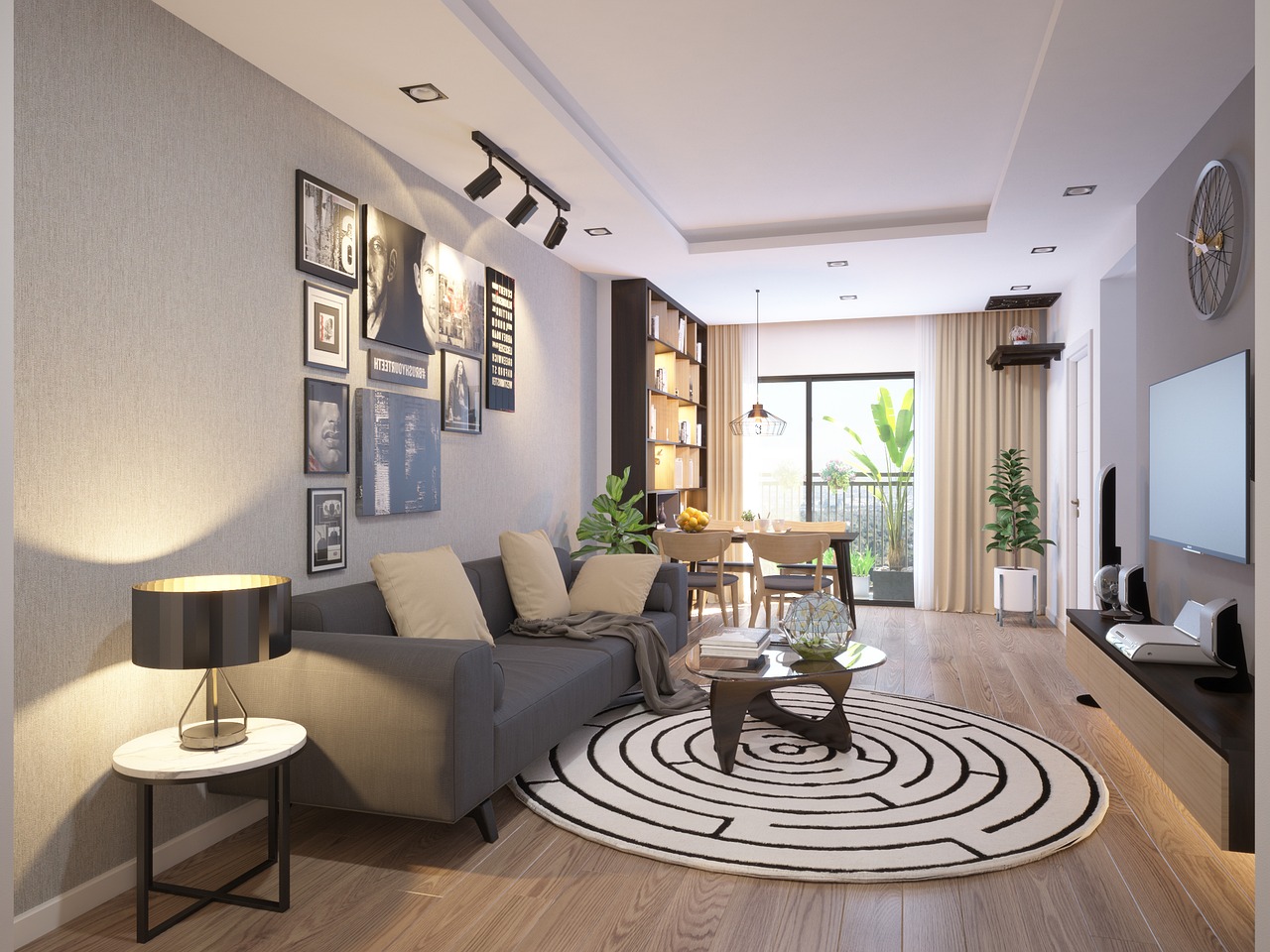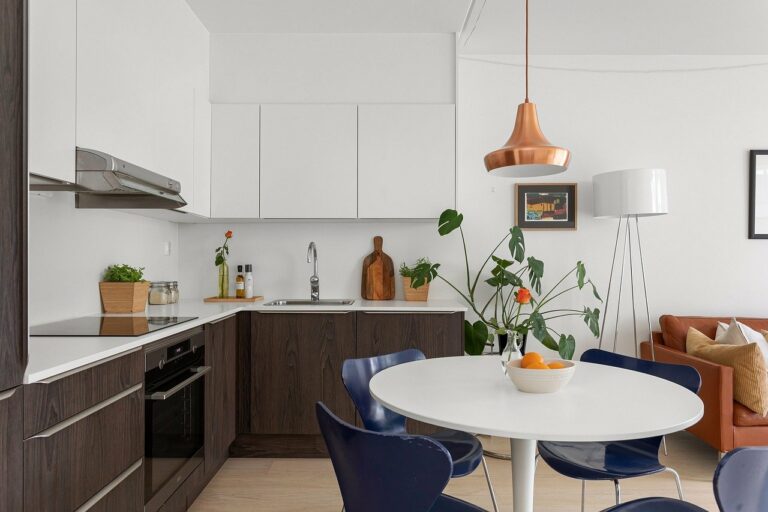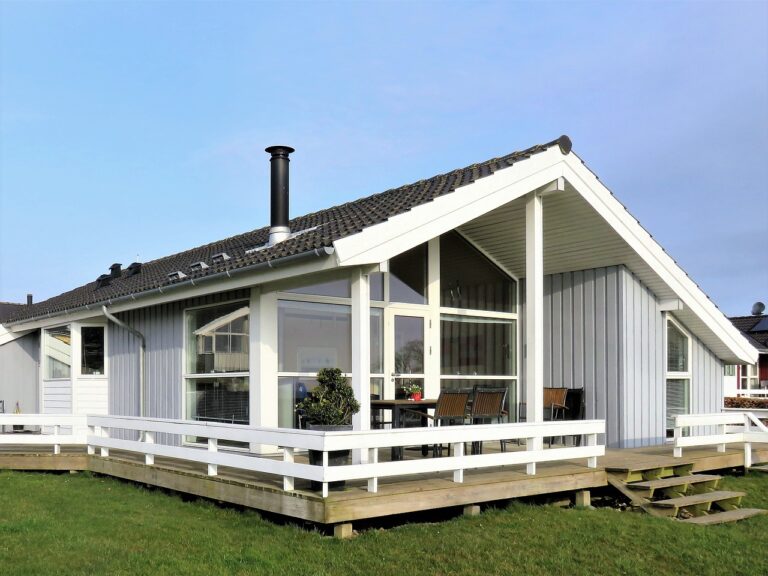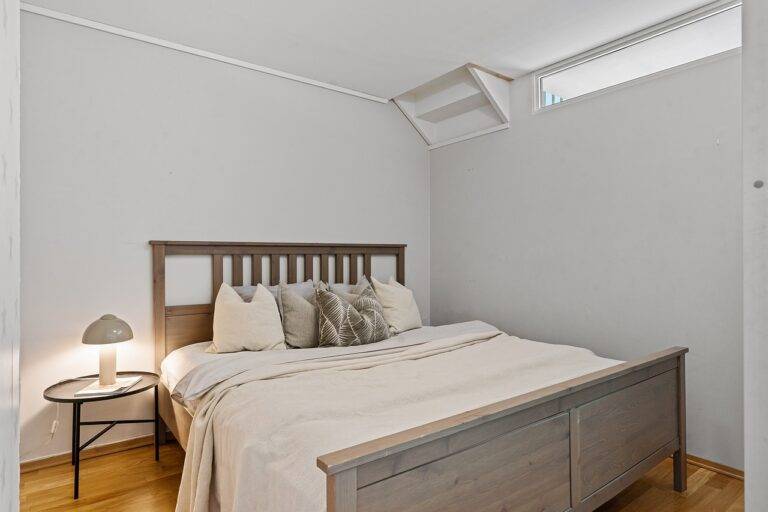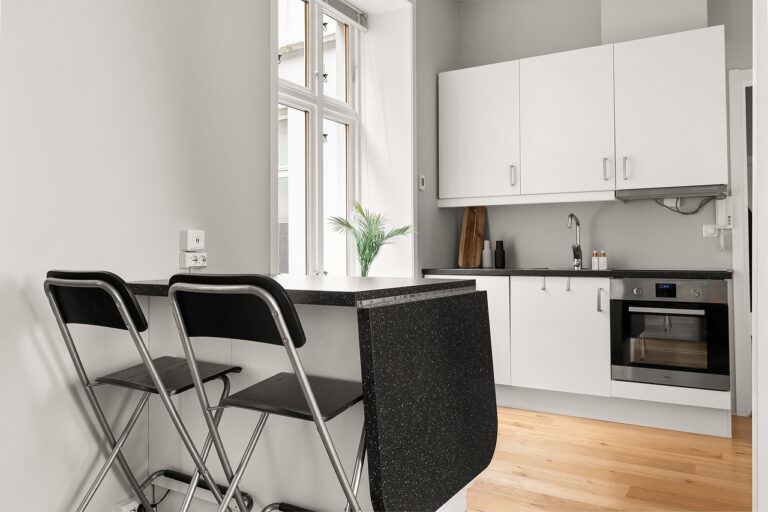The Role of Ventilation in Home Wellness Programs: Betbhai9 whatsapp number, Play exch.in, Lotus365.win new id
betbhai9 whatsapp number, play exch.in, lotus365.win new id: Ventilation is a crucial aspect of any home wellness program. Proper ventilation ensures that your home has a continuous flow of fresh air, minimizing the build-up of pollutants and allergens that can impact your health. It plays a significant role in maintaining a healthy and comfortable living environment for you and your family.
Inadequate ventilation can lead to a range of health issues, including respiratory problems, allergies, and even headaches. Poor air quality can also exacerbate existing conditions such as asthma and other respiratory illnesses. On the other hand, proper ventilation helps to remove stale air, moisture, and pollutants from your home, creating a healthier indoor environment.
Here are some key ways in which ventilation contributes to your home wellness program:
1. Improved Indoor Air Quality
Proper ventilation helps to reduce indoor air pollutants such as dust, mold, pet dander, and volatile organic compounds (VOCs). By bringing in fresh air from outside and exhausting stale air, ventilation helps to maintain good indoor air quality, which is essential for your overall health and well-being.
2. Control of Humidity Levels
Good ventilation helps to control humidity levels in your home. Excess moisture can lead to mold growth, which can trigger allergies and respiratory issues. By removing excess humidity through ventilation, you can create a more comfortable and healthy living environment.
3. Odor Control
Proper ventilation helps to eliminate unpleasant odors in your home. Whether it’s cooking odors, pet smells, or musty odors, ventilation can help to keep your home smelling fresh and clean.
4. Temperature Regulation
Ventilation can help to regulate the temperature in your home by allowing for the flow of air. In the summer, proper ventilation can help to cool your home, while in the winter, it can help to distribute heat more evenly.
5. Energy Efficiency
Proper ventilation can also contribute to energy efficiency in your home. By allowing for the circulation of air, ventilation can help to reduce the need for heating and cooling, resulting in lower energy bills.
6. Health Benefits
Good ventilation is essential for your health and well-being. By promoting good indoor air quality and reducing the risk of mold growth and other pollutants, ventilation can help to improve your overall health and quality of life.
In conclusion, ventilation plays a crucial role in home wellness programs. By ensuring proper ventilation in your home, you can create a healthier, more comfortable living environment for you and your family. So, take the necessary steps to improve ventilation in your home and reap the benefits of better indoor air quality and overall well-being.
FAQs
Q: How often should I ventilate my home?
A: It is recommended to ventilate your home daily by opening windows and allowing fresh air to circulate.
Q: What are some signs of poor ventilation in a home?
A: Signs of poor ventilation include musty odors, condensation on windows, mold growth, and stuffy air.
Q: Can I improve ventilation in my home without installing new systems?
A: Yes, you can improve ventilation by using exhaust fans, opening windows, and using air purifiers to remove pollutants.

